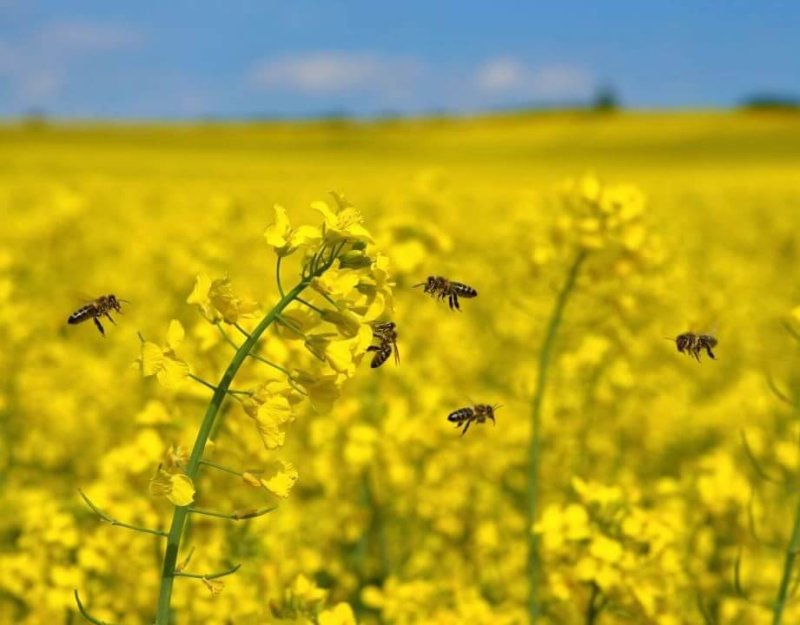[Editor’s note: On Feb. 28, the European Food Safety Authority issued a report concluding that neonicotinoid insecticides pose risks to wild bees and honeybees.]
EU farming lobby Copa-Cogeca said [the European Food Safety Authority’s] report confirmed there was no justification for a total ban on the use of neonicotinoid seed treatments on all crops.
…
The [UK’s National Farmers’ Union] said Efsa’s assessment “failed to take proper account of what is happening to bees in real field situations”.
“The reality is that there is a balance between environmental protection and food production that has to be considered and the impacts of a ‘no neonicotinoid’ scenario on pollinators also need to be fully assessed,” said NFU senior regulatory affairs adviser Chris Hartfield.
The Crop Protection Association (CPA) said singling out neonics for a decline in bee health is wrong, as a number of factors are at play.
“Bee health is known to be affected by a range of factors including habitat loss, climate change, intensive farming and the varroa mite,” said CPA chief executive Sarah Mukherjee.
“Simply banning neonicotinoids without addressing the other factors of bee decline will do little to improve the viability of bee populations.”
But the Pesticide Action Network (PAN) Europe called for a permanent ban on neonics.
“Pollinators are facing a dramatic decline and neonics have now clearly been shown to be one of the major causes,” said Martin Dermine, PAN Europe’s pollinators expert.
Read full, original post: ‘No justification’ for total ban on neonics, say farm leaders































